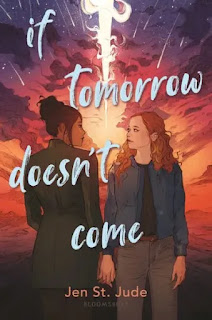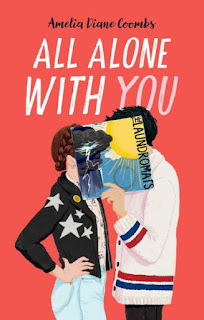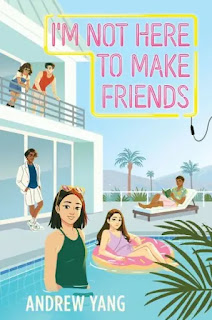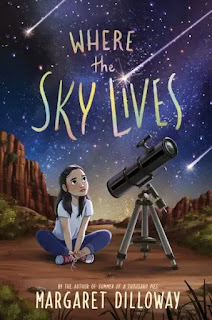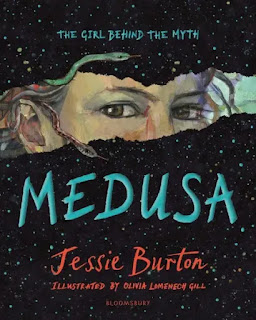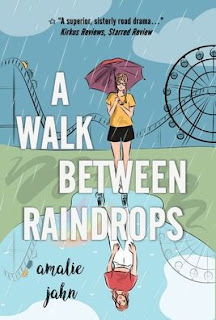Flint knows he's going to die in 41 days. Almost eight years ago, he experienced the twinge of his half-life -- the body's indicator that it has passed the mid point of existence. This isn't intuition. In this alt universe, it's scientific fact that, if something specific (accident, violence, etc.) doesn't get him, the body's own "kill-switch" will take him out. Ever since he experienced his half-life moment and entered the second part of his life, he's tried to avoid emotional attachment and keep his feelings to himself to spare his friends and family. All of that changes when he meets September.
Just a few months ago, September lost her four year-old sister (her half-life occurred when she was two). She hasn't been able to come to terms with the injustice of losing a sibling so young, but she has a chance of changing the way it works. She's a teen science genius and doing an internship at the Half-Life Institute, where they are searching for a way to prolong life and beat the half-life. Motivated and distracted by her grief, she's on the verge of a breakthrough.
The two of them meet by happenstance and neither admits their true situation, which allows them to fall in love with each other. Flint knows that he shouldn't be doing this in the last few days of his life (especially when he learns about September's grief), but his heart thinks otherwise. Eventually, the secrets will come out and nature will take its course.
An interesting premise that struggles a bit to establish itself. Bourne addresses some of the contradictions of the set up, but wisely doesn't go too far into explaining how a world where people know exactly how long they will live actually works. What it provides is fascinating food for thought about how one should live one's final days. Is it worth getting an education when you know you won't live long enough to use it? Is it worth being friends with someone you know is about to die? What should one actually do as your "deathday" approaches? Even concepts like ageism take on a different flavor when a persons actual longevity is known with such certainty. It's a thought-provoking alternate reality.
The storytelling is nothing terribly memorable. It's functional and well-paced, but I can't say that it was particularly outstanding. Neither Flint nor September really caught my sympathy. There's also lots of distracting detail that don't add much to the story. For some reason, these characters actually attend high school between dying and saving the world. Given that nothing actually happens at school, perhaps Bourne should have just set Flint's final 41 days in the middle of the summer? Similarly, a best friend of Flint's pops up from time to time, but has no real impact beyond stealing time away from Flint and September.

